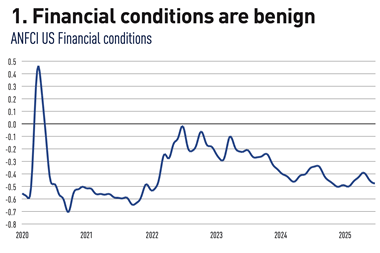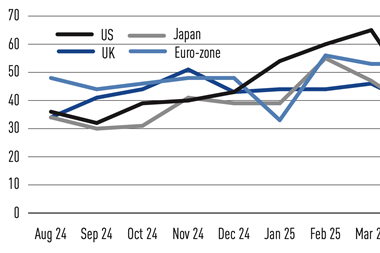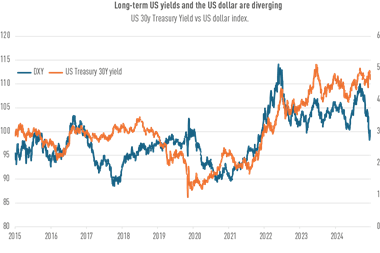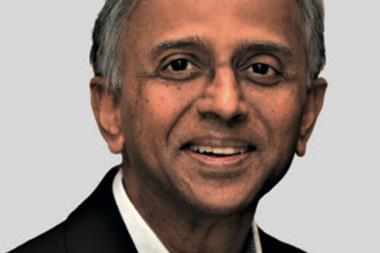A rethink of the term ‘emerging markets’ is long overdue. It has always been a catch-all category but the gap between the description and reality is becoming over-stretched.
Consider, for example, how South Korea and Taiwan are still routinely described as emerging markets. Indeed, they each account for more than 13% of the MSCI Emerging Markets index (see p67). Set this against the number of technologically advanced devices from Samsung Electronics (a South Korean company) used worldwide. Or how the Taiwan Semiconductor Manufacturing Company (TSMC) is one of the largest advanced computer chip makers in the world.
In economic terms, the two countries have a strong claim to be developed. South Korea, for example, is ranked between New Zealand and Italy in terms of income per head (at purchasing power parity) according to the US Central Intelligence Agency. Taiwan admittedly is a little lower down the league table but it is still a long way from what most people think of when they hear ‘emerging market’.
Of course the index providers will maintain – correctly – that an emerging market is not the same as an emerging economy. It is possible, for example, for a country to be relatively advanced in economic terms and yet have an illiquid stockmarket.
Nevertheless, it has reached the stage where the gulf between what is considered an emerging market and the reality of most emerging-market portfolios is uncomfortably stretched. Investors in South Korean or Taiwanese equities are not putting their money into up-and-coming relatively poor economies but into markets that are relatively mature. That does not mean that they are necessarily bad investments. Only that they are no longer part of the conventional emerging markets growth story.
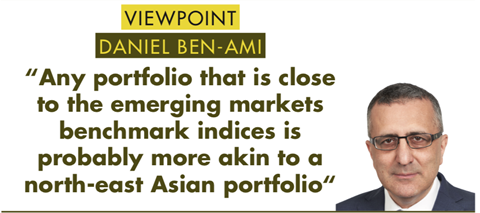
There is a bigger question mark in relation to mainland China. There is no doubt that by any reasonable measure it is an emerging market. It is still a middle-income economy utilising capital controls to manage the renminbi exchange rate.
But if South Korea and Taiwan raise questions in relation to the emerging market growth story the preponderance of China – 38% of the MSCI Emerging Markets index and rising – raises awkward questions in relation to diversification. A portfolio so heavily weighted towards China may provide good returns but it will struggle to provide the diversification benefits routinely promoted as a key feature of emerging market universe.
Any portfolio that is close to the main emerging market benchmark indices is probably more akin to a north-east Asian portfolio. Of course, if investors want to invest in that region that is entirely their choice. The point is that they should be clear about exactly what they are doing.
It is partly a question of transparency. Asset managers should leave no room for ambiguity about the nature of the funds they manage. Asset owners should make their allocation choices discernible to their end investors.
But it is also a question of clear thinking. In other words, all those involved carefully thinking through the goals and consequences of their actions. It is all too easy to simply follow what others are doing or repeat established routines. Such intellectually lazy approaches can work sometimes, but there is a substantial risk they will fall short.
Daniel Ben-Ami, Deputy Editor
daniel.ben-ami@ipe.com








